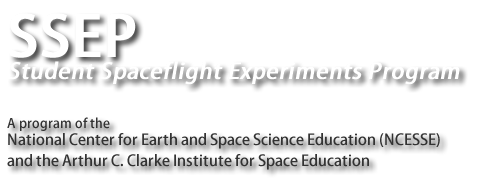Given that SSEP operations are in the near Earth environment, we are reporting this morning an event that is likely to impact public opinion worldwide.
Preliminary reports indicate that a meteoroid entered Earth’s atmosphere early Friday morning over Russia’s Ural Mountains at about 9:20 am local time (10:20 pm ET). An atmospheric blast, typical of breakup in the atmosphere, caused damage on the ground and hundreds of injuries. The dramatic video below captures the atmospheric entry event. This event occurred in advance of Asteroid 2012 DA14’s close approach to Earth today at 2:25 pm ET. The asteroid is 150 feet wide, and will miss Earth by 17,150 miles, closer than many communication and weather satellites.
What occurred this morning in the skies over Russia may turn out to be a milestone event for the human race, leading to a new public perception of Earth in a greater space. That Earth exists in a hostile near space environment capable of impacting both life and technology has long been recognized by the scientific and engineering community, governments, and organizations that oversee global systems for, e.g, communications, power transmission, and Earth remote sensing. But for the most part, the talk of threats from the near Earth environment were not part of mainstream public conversation. That may have just changed. One manifestation could be a new found strong public support for and expansion of asteroid detection programs currently underway, and a push for nations to collectively develop the capability of gravitationally steering an asteroid away from Earth.

Comments are closed.